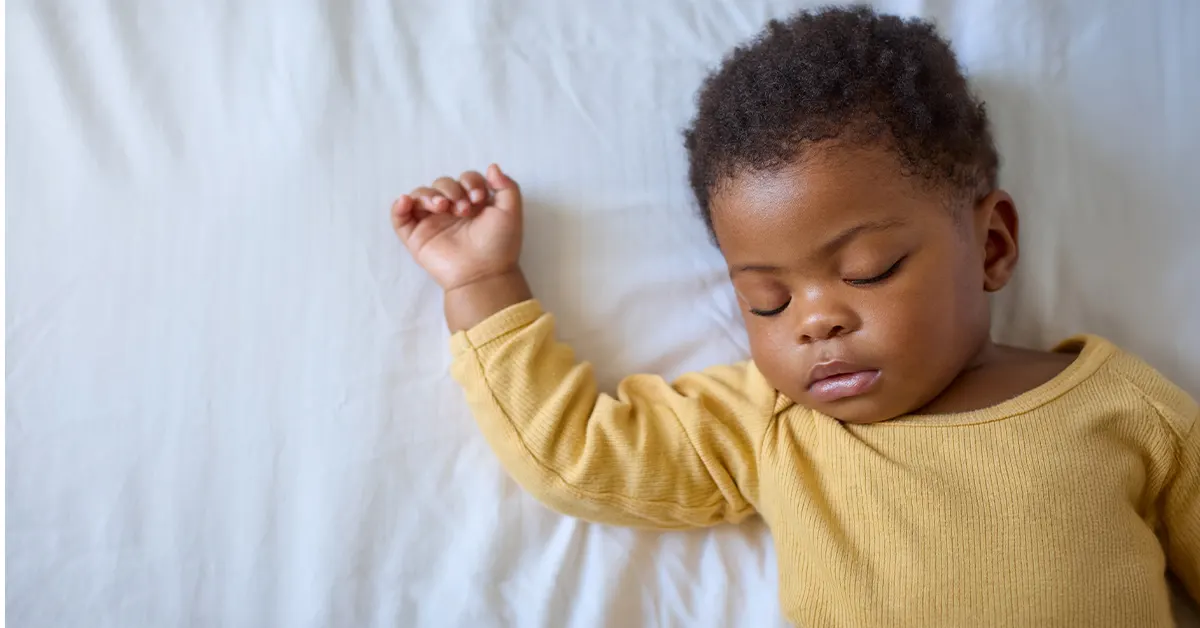Why an Early Bedtime Is Important to Babies and Toddlers
Understanding the Importance of an Early Bedtime
The most restorative, quality sleep happens before midnight. Protecting this sleep is crucial, which is why an early bedtime is so important. Babies are naturally sleepy between 6:30 and 7:30 p.m., so try to align your bedtime routine to wind down during this window. If naps have been short or your baby is fussy, moving bedtime as early as 5:30 p.m. can help. For more tips and access to a personalized sleep schedule that updates with each sleep you track, download the Smart Sleep Coach by Pampers™.
Early bedtimes are essential for a well-rested baby. Keeping your baby up late at night will not lead to later wakeups; instead, they will wake up early and be overtired. For personalized sleep support unique to your baby, take this FREE sleep assessment!
Babies and children need ample sleep. By their second birthday, a well-rested child has spent more hours asleep than awake. Newborns have irregular schedules, but by six months, most children develop a regular sleep-wake cycle influenced by daylight, known as their circadian rhythm. A consistent, early bedtime honors this internal clock and ensures your child gets enough sleep. Here’s why an appropriate bedtime has multiple benefits.
How Much Sleep Does My Child Need?
The CDC recommends that 3-month-olds sleep between 14 and 17 hours per day. As children get older, the number of hours they need gradually decreases, but even at 18 months, they still need 11-14 hours. While some of that sleep comes from naps, most of it is consolidated into a long overnight period.
Why Would Bedtime Matter?
While it’s possible for a child to get the appropriate amount of sleep with a later bedtime if they “sleep in,” the issue is they usually don’t. A young child’s circadian rhythm naturally wakes them as early as 6:00 to 7:30 a.m. A late bedtime means they’ll still wake up early but with less sleep.
Scientific evidence shows that babies with a consistent routine, including a reasonable bedtime, fall asleep faster and stay asleep longer. Sleep fundamentals like this significantly impact your baby’s sleep.
Children naturally rise early and tend to have a drowsy window around 7:00 to 8:00 p.m. Putting them to bed during this window makes it easier for them to fall asleep and get the right amount of sleep overnight. Younger children will make up the rest of their sleep with daytime naps.
That Drowsy Window Matters
Babies and young children cycle between REM (Rapid Eye Movement) and NREM (Non-Rapid Eye Movement) sleep. NREM sleep is restorative, while REM sleep is active and when dreaming occurs. Babies and children wake slightly and re-settle at night between cycles, just like adults. When they learn to self-soothe, they can fall back asleep without fully waking or crying.
An overtired child who stays up past their natural bedtime window will have a harder time self-soothing. A child who can fall asleep on their own at bedtime is also better able to calm themselves overnight.
Children Thrive on Routine
Teachers, caregivers, and parents know that children thrive on routine. When a young child knows what to expect, they feel secure. A consistent bedtime routine, such as a bath, story, cuddles, and a kiss goodnight, creates a calm environment before bed. If bedtime is late, these steps might be skipped or rushed, leading to a missed drowsy window and a child who may not be ready for sleep.
Behavioral and Cognitive Connections
A study of 18-month-olds in Japan found that children with late bedtimes (after 10 p.m.) had worse neurodevelopment than those with earlier bedtimes. Another study in the UK found that 7-year-old girls with irregular bedtimes scored significantly lower on cognitive tests.
It’s Not Just Mental
A 2009 study found that disruption of circadian rhythms can affect metabolic health. Regular sleep and meal patterns that follow light and dark cycles help regulate insulin, glucose, and reduce the risk of hypertension. There is also evidence linking later bedtimes in adolescents to higher BMI.
Early Bedtimes Benefit the Whole Family
Set an age-appropriate bedtime and plan a calming routine to hit the drowsy window. You’ll find your child resists less, wakes less often, and is easier to get along with during the day. A consistent routine can also provide relaxing and enjoyable bonding time for you and your child, and give you some child-free time before your own bedtime.
Conclusion
Early bedtimes are crucial for babies and toddlers, providing restorative sleep and supporting their overall development. By aligning bedtime with your child's natural sleep window and maintaining a consistent routine, you can ensure better sleep for your child and a more harmonious family life.
Conclusion Early bedtimes are crucial for babies and toddlers, providing restorative sleep and supporting their overall development. By aligning bedtime with your child's natural sleep window and maintaining a consistent routine, you can ensure better sleep for your child and a more harmonious family life.
Join a World of Support




